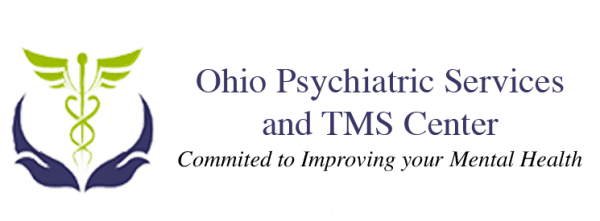What we Treat
Substance Induced Psychotic Disorders
Substance-induced psychotic disorder is a condition caused by the use of or withdrawal from alcohol or drugs, such as hallucinogens and crack cocaine, amphetamines, Nicotine, Opioids and sedatives that cause hallucinations, delusions, or confused speech.
The toxic effects of substances can mimic mental illness in ways that can be difficult to distinguish from mental illness. It is a serious mental condition that involves the person losing contact with reality, to a greater or lesser extent, and is most often associated with certain mental illnesses like schizophrenia. While there are similarities between the symptoms of substance-induced psychosis and psychosis associated with mental illness, they are different conditions, with different causes and treatments.
Substance or medication-induced psychotic disorder has two major symptoms, delusions and hallucinations. People with substance-induced psychosis might have delusions, hallucinations, or both. People with substance-induced hallucinations and delusions may or may not have insight into whether they are real.
Symptoms May Include:
- Hallucinations
- Delusions
- Dissociation
- Disordered thinking
- Emotionally flat or lack emotional expression
The symptoms usually resolve after the substance is withdrawn.
Sometimes a person with a past history of a primary psychotic disorder can still be diagnosed with substance-induced psychosis if the psychotic symptoms are better accounted for by the substance use.

However, if the psychotic symptoms persist for a substantial period of time, say, a month or more, after the person stops using the intoxicating drug or medication, or they have a prior history of the recurrent psychotic disorder, the diagnosis will probably not be a substance-induced psychotic disorder.

